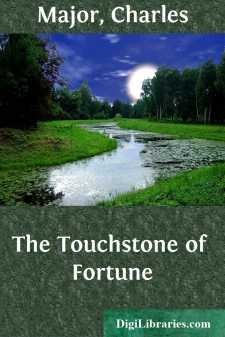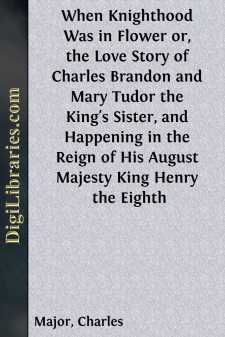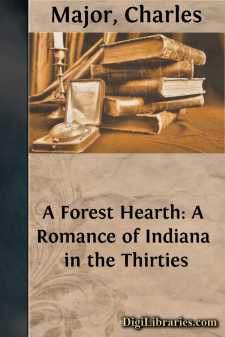Categories
- Antiques & Collectibles 13
- Architecture 36
- Art 48
- Bibles 22
- Biography & Autobiography 813
- Body, Mind & Spirit 142
- Business & Economics 28
- Children's Books 14
- Children's Fiction 11
- Computers 4
- Cooking 94
- Crafts & Hobbies 4
- Drama 346
- Education 46
- Family & Relationships 57
- Fiction 11829
- Games 19
- Gardening 17
- Health & Fitness 34
- History 1377
- House & Home 1
- Humor 147
- Juvenile Fiction 1873
- Juvenile Nonfiction 202
- Language Arts & Disciplines 88
- Law 16
- Literary Collections 686
- Literary Criticism 179
- Mathematics 13
- Medical 41
- Music 40
- Nature 179
- Non-Classifiable 1768
- Performing Arts 7
- Periodicals 1453
- Philosophy 64
- Photography 2
- Poetry 896
- Political Science 203
- Psychology 42
- Reference 154
- Religion 513
- Science 126
- Self-Help 84
- Social Science 81
- Sports & Recreation 34
- Study Aids 3
- Technology & Engineering 59
- Transportation 23
- Travel 463
- True Crime 29
Charles Major
Charles Major (1856–1913) was an American lawyer and novelist best known for his historical novels. His most famous work, "When Knighthood Was in Flower" (1898), is a romantic tale set in Tudor England, which achieved widespread popularity and was adapted for both stage and film. Major also wrote "Dorothy Vernon of Haddon Hall" (1902), another historical romance, set during the reign of Queen Elizabeth I. Though he started his career in law, his success as a writer allowed him to pursue literature full-time.
Author's Books:
Sort by:
by:
Charles Major
CHAPTER I DAUGHTERS AND POVERTY Goddess Fortune seems to delight in smiling on a man who risks his all, including life, perhaps, on a desperate chance of, say one to one hundred. If her Ladyship frowns and he loses, his friends call him a fool; if he wins, they say he is a lucky devil and are pleased to share his prosperity if he happens to be of a giving disposition. Lucky? No! He has simply minted...
more...
by:
Charles Major
CHAPTER I It sometimes happens, Sir Edwin says, that when a woman will she won't, and when she won't she will; but usually in the end the adage holds good. That sentence may not be luminous with meaning, but I will give you an illustration. I think it was in the spring of 1509, at any rate soon after the death of the "Modern Solomon," as Queen Catherine called her old father-in-law,...
more...
by:
Charles Major
CHAPTER I On the Heart of the Hearth A strenuous sense of justice is the most disturbing of all virtues, and those persons in whom it predominates are usually as disagreeable as they are good. Any one who assumes the high plane of "justice to all, and confusion to sinners," may easily gain a reputation for goodness simply by doing nothing bad. Look wise and heavenward, frown severely but...
more...
by:
Charles Major
CHAPTER I A CASTLE AMONG THE CRAGS Like the Israelites of old, mankind is prone to worship false gods, and persistently sets up the brazen image of a sham hero, as its idol. I should like to write the history of the world, if for no other reason than to assist several well-established heroes down from their pedestals. Great Charlemagne might come to earth's level, his patriarchal, flowing beard...
more...





